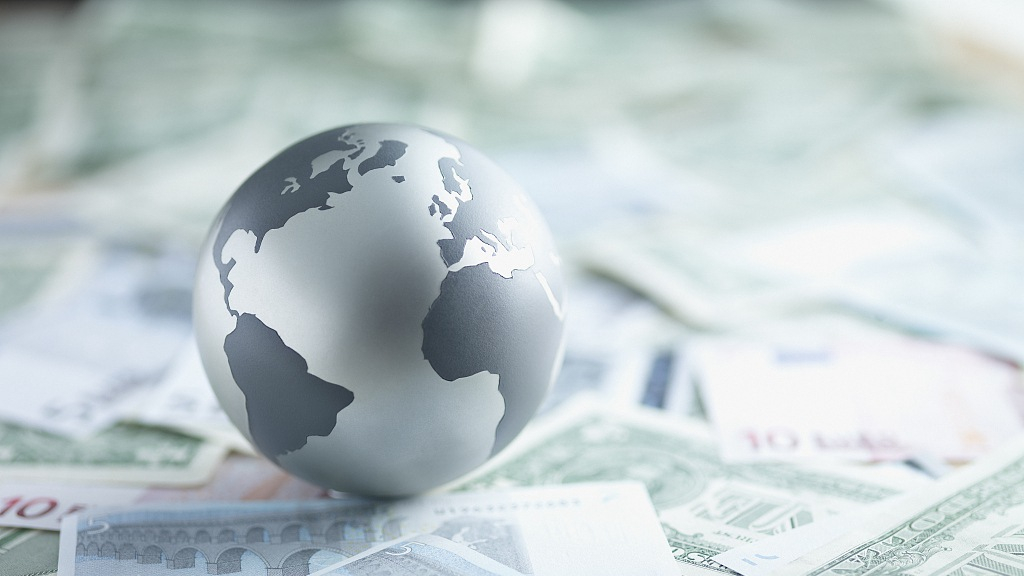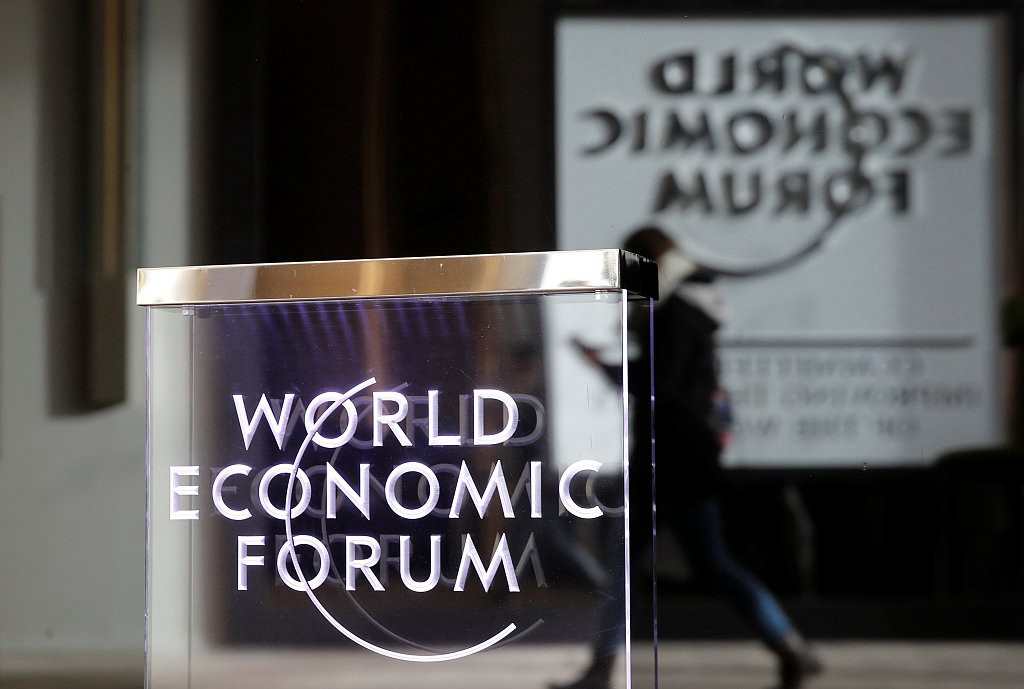
Economy
08:32, 21-Jan-2019
Global poll reveals most believe immigrants are 'mostly good'
CGTN

A global majority of respondents, 57 percent, say they believe that immigrants are "mostly good" for their new country, according to a survey by the World Economic Forum (WEF).
The global opinion poll published Sunday finds that North Americans trailed only South Asians in their approval of immigrants, with 66 percent saying they believe immigrants are mostly good.
The global public overwhelmingly favors multilateral cooperation, is open to immigration and rejects the notion that countries' best interests are achieved at the expense of others, according to the WEF survey.
Most polled rejected populism and the majority said they believe upward mobility is too elusive and that governments are not doing enough to provide people with opportunity.

The 2019 World Economic Forum annual meeting is to be held in Davos, Switzerland from January 22 to 25, focusing on shaping a new architecture for the next wave of globalization. /VCG Photo
The 2019 World Economic Forum annual meeting is to be held in Davos, Switzerland from January 22 to 25, focusing on shaping a new architecture for the next wave of globalization. /VCG Photo
"The combination of climate change, income inequality, technology, and geopolitics pose an existential threat to humanity," said Klaus Schwab, WEF founder and chief executive.
"What we see with this research is that while the international community's capacity for concerted action appears constrained, the overwhelming desire of the global public is for leaders to find new ways to work together that will allow them to cooperate on these critical shared challenges we all face," he said.
The data came in collaboration with Qualtrics, a U.S. experience management company, and will be used in panel discussions and workshops at the January 22-25 WEF annual meeting.
The research covered a sample size of over 10,000 people from every region of the world ahead of the WEF meeting in Davos-Klosters, Switzerland.
North Americans have the least trust in climate science, while Western Europeans are least likely to regard technology companies as altruistic.
Asked whether their country has a responsibility to help other countries in the world, South Asians again registered the highest levels of accord with 94 percent answering positively compared to a global average of 72 percent.
North Americans at 61 percent and Western Europeans with 63 percent in the affirmative, were the least effusive.
Source(s): Xinhua News Agency

SITEMAP
Copyright © 2018 CGTN. Beijing ICP prepared NO.16065310-3
Copyright © 2018 CGTN. Beijing ICP prepared NO.16065310-3